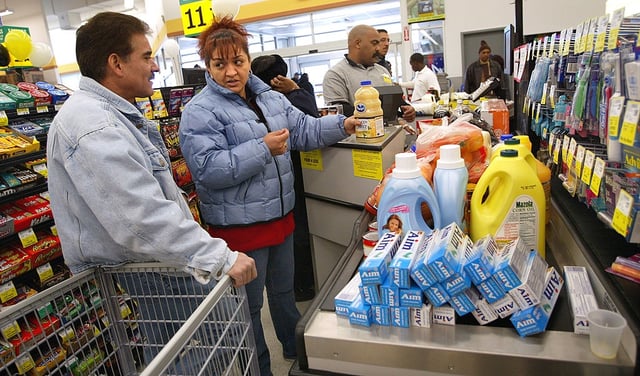Overview
- At a revenue subcommittee hearing this week Budget Director Annette Guzman warned that letting the statewide grocery tax expire would leave a roughly $80 million hole in Chicago’s 2026 corporate fund and worsen a projected $1.1 billion budget gap.
- State law requires home-rule communities to enact a local ordinance by October 1 for the 1% grocery tax to continue when the statewide levy ends January 1, 2026.
- More than 150 Illinois municipalities have already opted to retain the grocery tax, and Mayor Johnson says Chicago is not creating a new levy but simply maintaining an existing one.
- The proposed local tax applies only to food prepared for consumption off the premises where it is sold and exempts purchases made with SNAP benefits.
- Some aldermen and advocacy groups argue the tax is regressive and are calling for broader reforms to state corporate and income taxes before approving new revenue measures.


